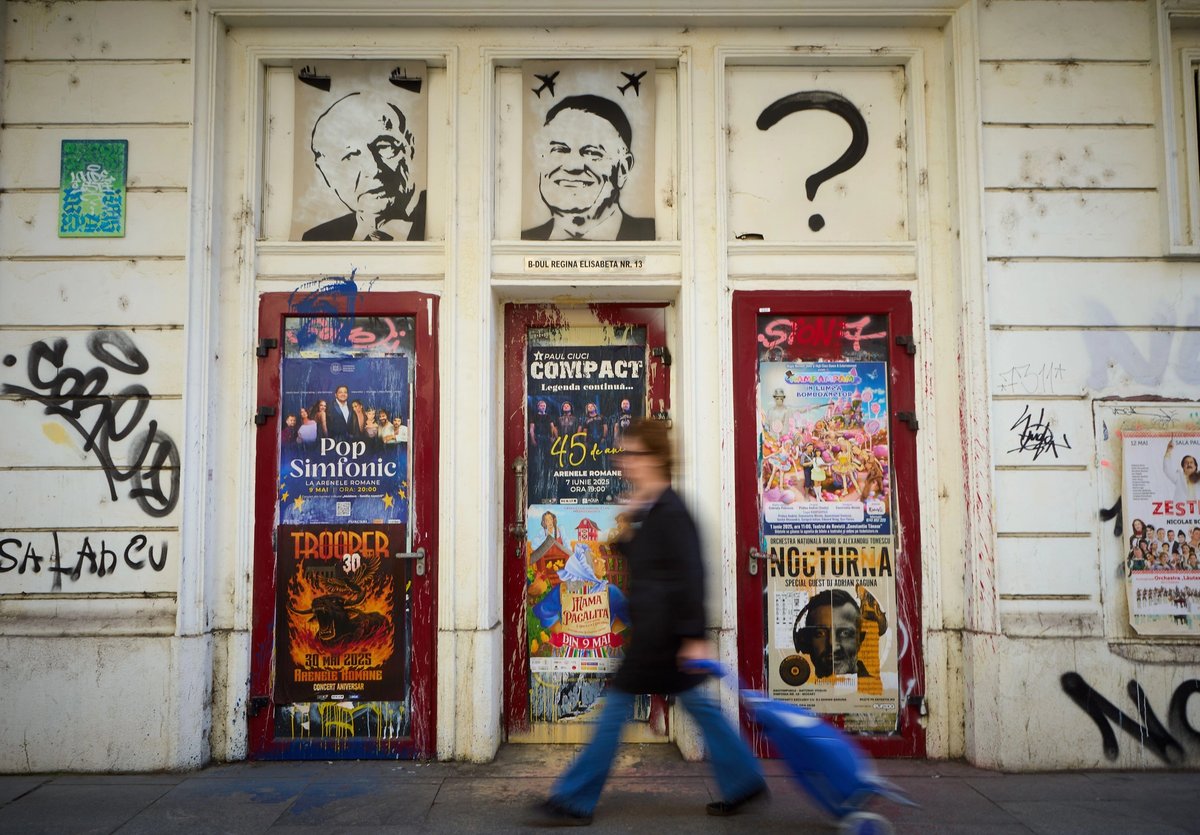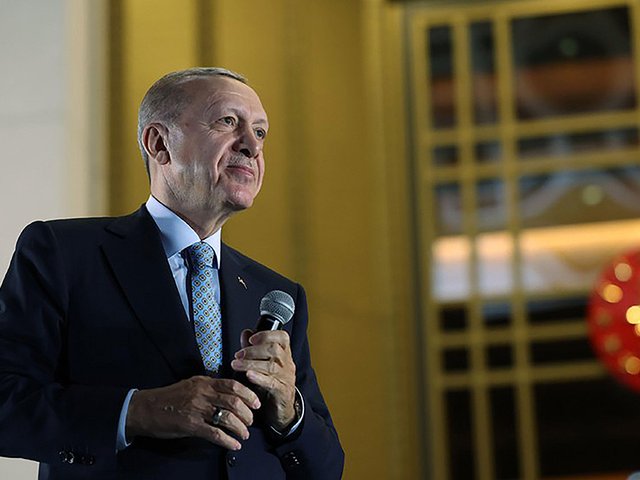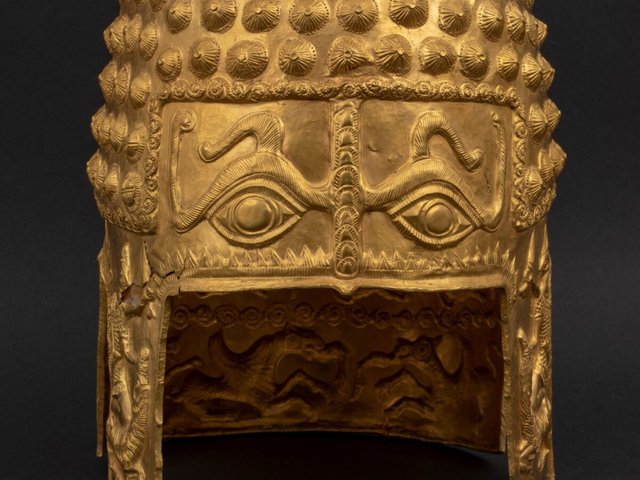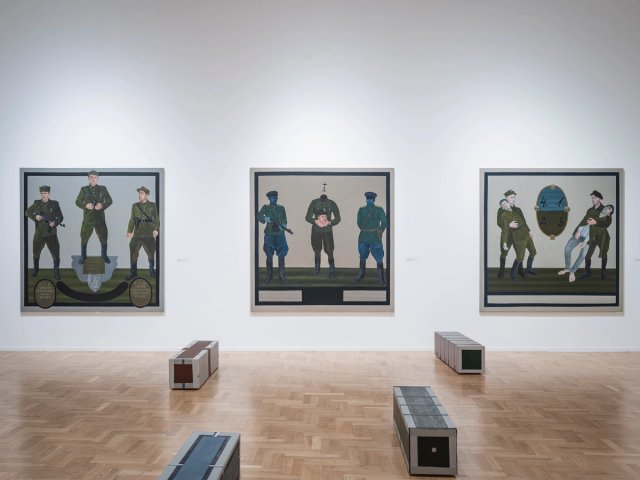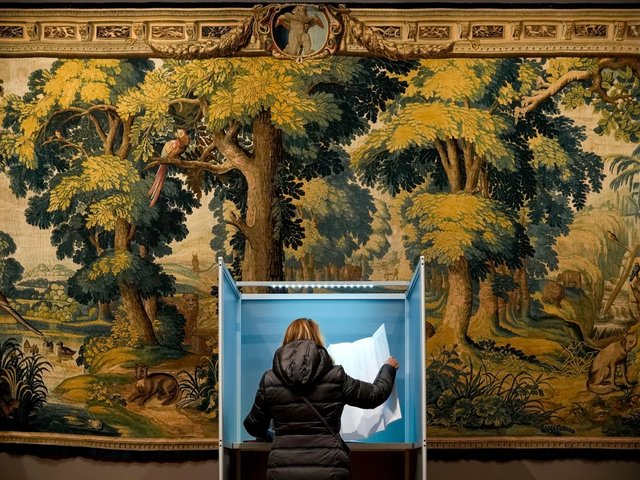On 4 May, Romanians will be called to vote in a re-run presidential election, after the country’s constitutional court terminated the original election late last year, following allegations that Russia interfered to aid the far-right candidate Călin Georgescu’s first-round victory. With Geogerscu now barred from standing, another far-right candidate, George Simion, has been leading opinion polls ahead of the new vote, which will conclude with a second round of voting on 18 May.
The upheaval has seen Geogerscu’s supporters protesting on the streets of the capital Bucharest and fiery online debate regarding the legitimacy of the cancellation, as well as over issues such as Romanian nationalism, relationships with Ukraine and Russia, social values and the rights of LGBTQ people. The tension has extended into the country’s art scene, as Suzana Vasilescu, the founder of Bucharest’s Suprainfinit gallery, explains.
“December was a chaotic month for the art world, shaken by the political elections that revealed a significant rise in right-wing voices in Romania,” she says. “Everything came to a standstill—what is usually the best month for art sales turned into a period of tension. None of our major collectors with businesses in Romania showed interest in buying, and the art market felt the impact. Since then, following the cancellation of the elections, the mood remains tense but active. Despite the political noise, the art scene is resilient.”
Executive powers in Romania are divided between the president and the parliamentary government, with the latter currently formed of a coalition led by the centre-left Social Democratic Party. Simion’s Alliance for the Union of Romanians is the second largest party in parliament, having quickly risen in prominence since its creation in 2019. The party claims to uphold “Christian morality” and has been associated with a desire to extend Romania’s borders, including integrating the Republic of Moldova into the country. During his presidential campaign, Simion has portrayed himself as being aligned with Donald Trump’s Make America Great Again (MAGA) movement and has pledged to retain a US troop presence in Romania.
May is set to be a particularly busy period for art in Romania with the third edition of the nascent art fair RAD opening in the capital on 22 May, followed just over a week later by the opening of the sixth Art Encounters Biennale in Timisoara. While commentators suggest that the socially conservative messaging stirred up by the election has yet to directly impact the freedom of such events, members of the art scene remain vigilant.
According to Daniela Palimariu, the co-director of RAD and co-founder of Bucharest’s Sandwich Gallery, “As active members of the scene, I think we need to be alert and keep an eye on any pressure we might feel is growing”.
“The growing nationalistic trend superficially glorifying history, folklore and traditional values is more and more present in our daily lives and could potentially infiltrate the scene with the support of the newly formed administration,” Palimariu continues.
Raluca Vartic, a curatorial assistant at Catinca Tabacaru Gallery in Bucharest, says the political situation has fostered “a more pronounced sense of solidarity” and “stronger connections” within the art community. “While the rise of socially conservative rhetoric does raise concerns, particularly around cultural values and inclusivity, the art scene has responded with critical engagement rather than retreat,” Vartic says.
Economic challenges
The re-run presidential election takes place against a background in which the Romanian ministry of culture has recently shown signs of actively backing contemporary visual art, providing funding to RAD and for the acquisition of works by the Brukenthal National Museum in Sibiu.
According to one of the country’s leading art patrons, Ovidiu Șandor, works from whose collection are currently on show in an exhibition in Kraków. “All in all, I would say that over the past 10 years, support has increased.”
Other commentators, such as Vasilescu, however, note that the ministry of culture saw its budget reduced at the start of 2025 and that the support it provides remains “inconsistent”. As a result, she says, many in the art scene rely on a mixture of private and corporate support, international grants and “simply making do”.
The broader economic landscape in Romania is challenging, with the country’s inflation rate in March recorded as more than double the EU average, at over 5%. The Romanian artist Alex Mirutziu—whose work was included in the acquisitions by the Brukenthal and the Kraków exhibition of works from Sandor’s collection—says that “independent artists, especially those unaffiliated with political agendas or institutional networks, find themselves in an alarmingly precarious position both economically and socially”.
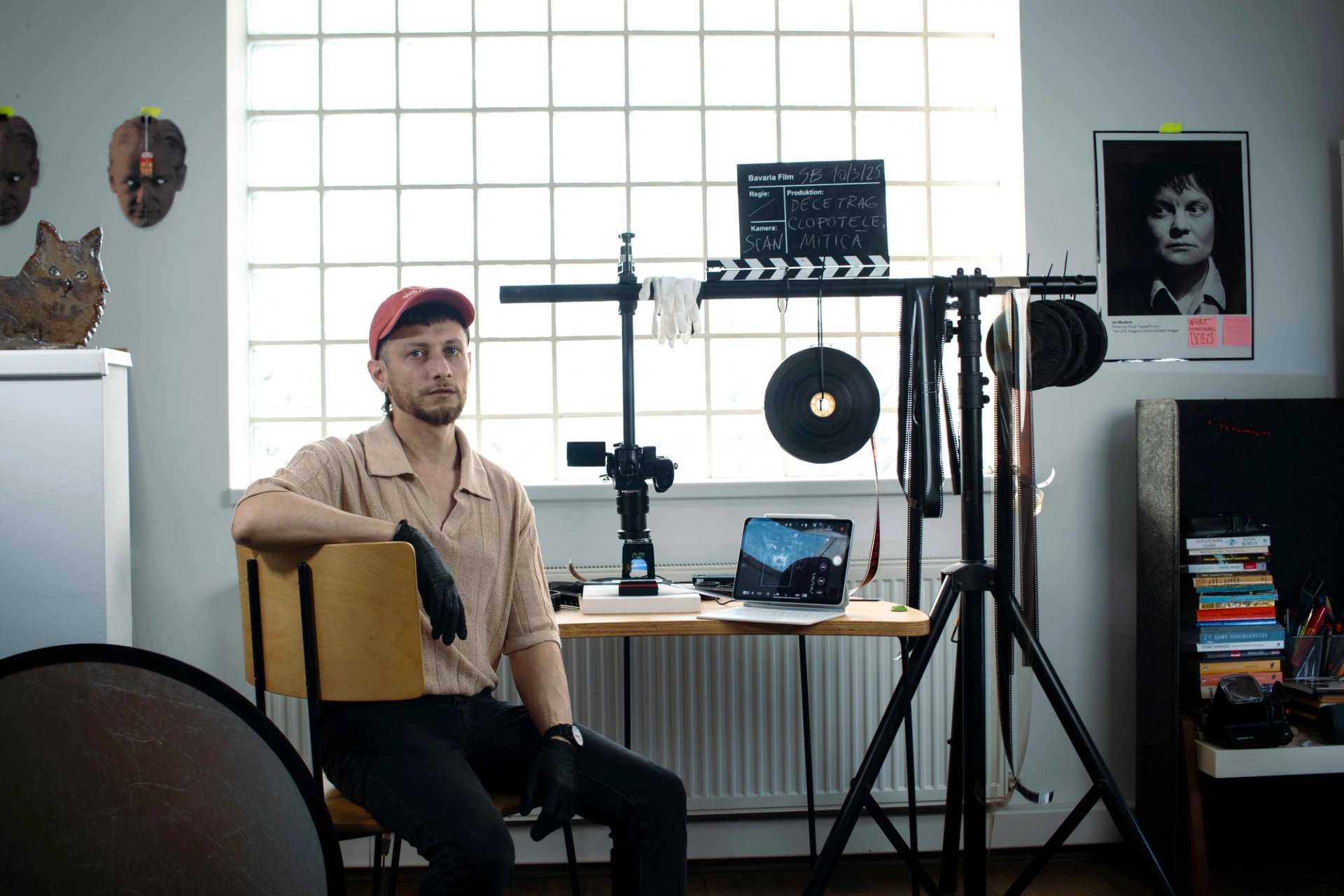
Alex Mirutziu in his studio in Sibiu
Courtesy of the artist
Vasilescu says there is “legitimate concern” about the implications of a Simion victory and how “his influence could shape public discourse in ways that marginalise contemporary, critical, or progressive forms of art and culture. If his party gains greater control over the government… we might see more direct interventions, such as the redirection of funding, politicised appointments, or a push toward a nationalist cultural agenda.”
“One major hurdle still lies ahead in May,” Vasilescu adds. “We’ll see how things unfold from there.”


